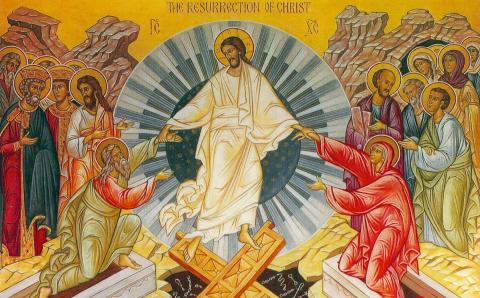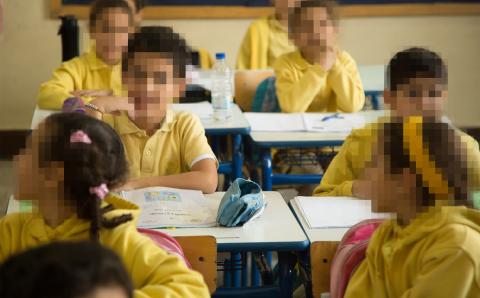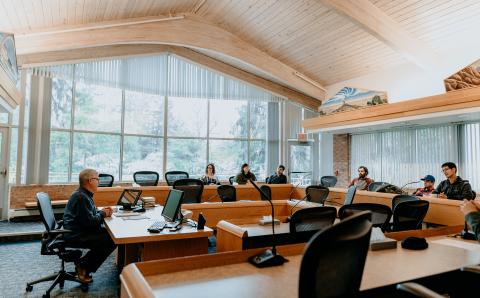When the Council of Delegates met in February 2020, one item on its agenda was reviewing a theological paper about “syncretism” and “contextualization.” The Council acts on behalf of the Christian Reformed Church’s annual synod in between the meetings of synod.
The 10-page paper was the product of a team comprised of Ray Aldred, Th.D., professor at Vancouver School of Theology and director of the Indigenous Study Center; Ronald Feenstra, Ph.D., professor at Calvin Theological Seminary; and Kurt Selles, Ph.D., director of Back to God Ministries International. They were invited to provide a theological reflection to aid pastors and members to think more clearly about contextualization and syncretism. The team noted that from the outset, there were obvious differences of feeling about those two terms. “It quickly emerged that there was considerable uneasiness with this language,” the report states. “In fact, one of the four original members of the study group resigned, in part to protest our using both of these terms together.”
After laying out the theology and historic use of the terms, the authors advised taking care in using language. They noted that use of the word “contextualization” has largely come to mean adjusting to any local situation or identity. “We should be clear about the meaning of gospel contextualization,” they wrote. “We tend to lead with assertions about local identity. For us as Christians, though, our primary identity is found in Jesus Christ.”
They also noted that the word “syncretism” has emotional weight that makes it highly problematic and divisive. “Although we should not dismiss the real danger of syncretistic tendencies,” they wrote, “before we accuse Christians in our own or in other cultures of syncretism, we should remember our own vulnerability to elevating our own culture over the truth of the gospel, whether consciously or not.”
The Council expressed its thanks for the report but questioned the lack of diversity of Indigenous authorship; lack of recognizing spiritual violence done in the past history of Indigenous people; and lack of recognition that the language of syncretism and contextualization are not understood equally across cultures.
Council decided the report “would benefit from a broader cultural input” if the report is to be a standard for how the CRCNA understands the issue over the long term. It decided to re-strike a team including Indigenous people to enhance the report before bringing it back to the COD.
Selles felt that their original mandate was to write something more abstract rather than about Indigenous issues specifically. Delegate Brian Ochsner from Classis Central Plains sought clarification about that.
Council president Paul De Vries responded that the original mandate as received by the team was to write a theological and biblical paper about syncretism. “There are some on the team who felt they did the theological work and were now expected to do all the cultural work. We’re saying, ‘(It’s a) good report, but now it needs to include greater diversity.’”
Issues of syncretism and contextualization have long been raised in places where the CRC has been active in cross-cultural settings. It came to the fore again in 2017 when delegates to that year’s synod objected to an article they said promoted syncretistic practices including a new moon ceremony and prayer in the name of the Great Spirit, published on the CRC’s Do Justice website.
Following that synod and after the contentious articles were removed from the website, the Council decided the context of Indigenous ministry is different in the U.S. and Canada and a different approach is needed on each side of the border. The Council said a better understanding of syncretism should be a key result of the process. (See Council Discusses Indigenous Ministries, March 1, 2019.)
About the Author
Gayla Postma retired as news editor for The Banner in 2020.







